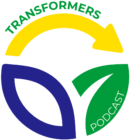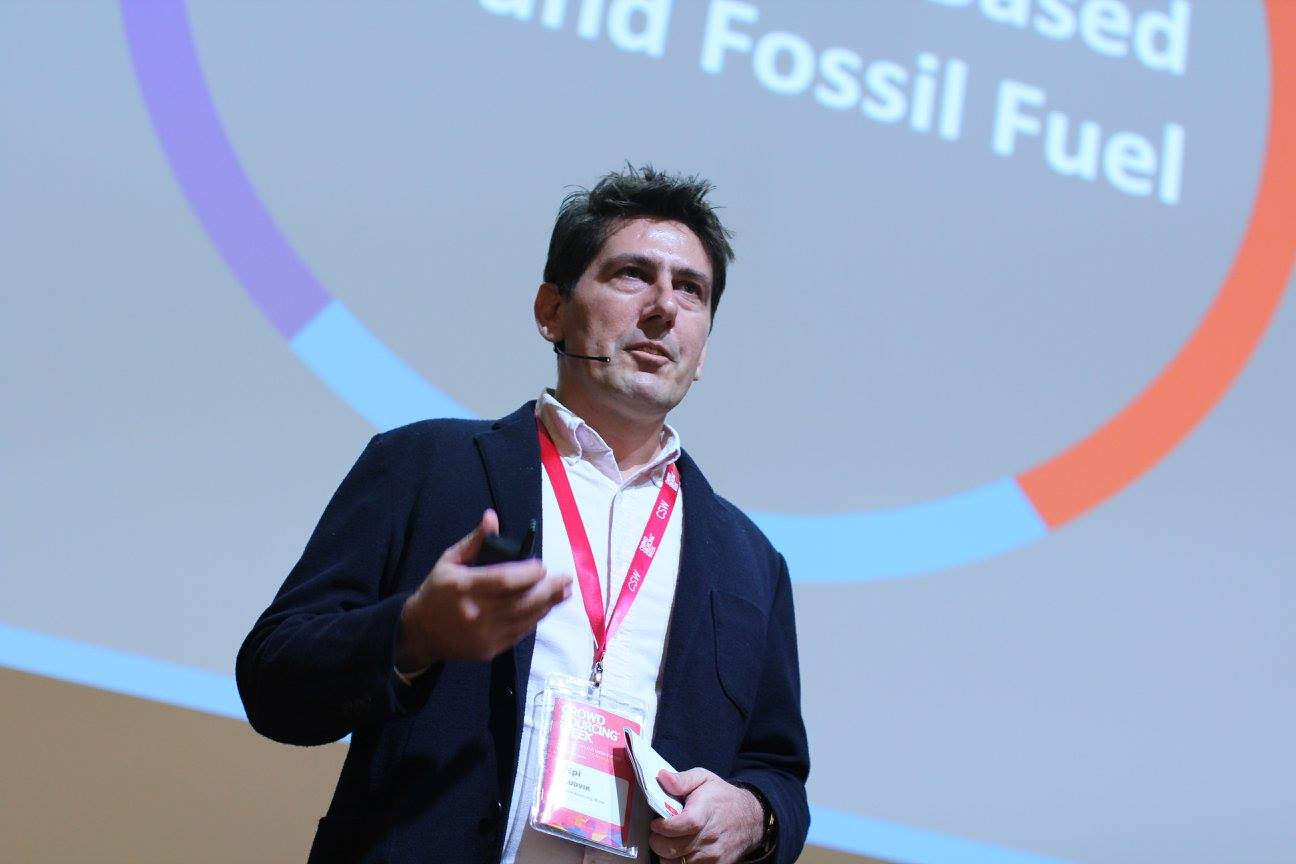
Guest writer Epi Ludvik is a leader in the world of Crowdsourcing. He is the founder of Crowdsourcing Week, an organisation that promotes the engagement of crowds or groups for common goals across the globe, through conferences, summits and online networking.
We are at the beginning of a period of exponential growth through harnessing human intellect with intelligent technology. The pace of change is often said to get faster and faster, the increase in the world’s collective knowledge is certainly growing faster and faster. Not only is more information available than ever before, it is literally at our fingertips through our smartphones and other devices. The volume of what is available has the power to overwhelm a human brain, even paralyze an individual. We need to be able to manage it and harness it.
Anecdotal comments suggest the world’s collective knowledge is doubling every 12 hours. This seems to stem from work by Buckminster Fuller in 1982, which IBM built out from in 2010 with a speculative comment to take account of all the information that will be created by IoT technology by 2020.
You see, by far the mass of new information isn’t the sort of knowledge kids are going to be taught in school. It’s about us, based on all of our online behaviors – what we download, read, watch or listen to, buy, write in social media, even say to Alexa. The FAANGs (Facebook, Amazon, Apple, Netflix, Google) corporations, and many others, analyse it to create predictive behavior patterns that are traded to whoever wants access to influence what we buy, how we behave, what we believe, and – in democracies – how we vote.
It’s not all good news. Algorithms created to send each of us more content that reflects our preferences were intended to keep us logged in for longer, so that there would be bigger audiences for advertisers to pay to reach. The unintended effect is to polarize opinions and loyalties by providing only an echo chamber of what people have already shown are their personal preferences, hollowing out the middle ground of more open-minded compromise.
On the other hand, access to so much information online, anywhere, in an instant, creates such enormous opportunities for collaboration and co-creation. Contrary to what many believe, breakthrough innovations have rarely stemmed from individual Eureka moments. In his book “How Innovation Works,” author Matt Ridley has tracked developments in sectors as diverse as agriculture, AI, energy, transport, health and medicine, and plenty more. Where maybe one name stands out to us, such as Alexander Graham Bell as inventor of the telephone, in reality there were often numerous people working on similar projects. They might have been in different time zones, in different cultural contexts, and with different regulatory freedoms or hindrances to experiment. Sometimes the name most strongly associated with an innovation is the person who swiftly best exploited it, rather than invented it.
Innovation through prize challenges is not new
That natural human process to make progress through an almost co-creation process of incremental steps is now far easier and faster with our personal communication technology. Open innovation, often through prize challenges, has been a powerful force in history. Its use developed canned food (for Napoleon to feed his armies); accurate measurement of longitude for global navigation with a prize offered by the British government; and a 1930’s Schneider Trophy competition for seaplanes led directly to the RAF Spitfire fighter aircraft that went on to so influence the outcome of World War Two.
Today’s online open innovation platforms, such as HeroX, bring access to the process to many more organizations and individuals to reach out and seek contributions to challenge solutions from people all around the world. Those people may often not be recognized experts in any field of commerce or study, and we’ve witnessed the rise of the “citizen scientist.” As a result of a NASA prize challenge, the design of a foldaway anti-radiation shield was created by a Polish origami expert, not a space travel scientist.
Health and medical
As people around the world live longer lives, there is an imperative to resolve further medical challenges posed by ageing populations. Treatments can be expensive with drugs and an array of technologically complex equipment. Prevention can be a lot cheaper, and there are numerous examples of artificial intelligence and machine learning enabling scanners to identify early stage signs of illness and disease. It’s work that is beyond the human brain to assess so much data and spot the abnormalities, though it is human brains that create such extended applications of crowdsourced data.
Education
Pandemic shutdowns around the planet have restricted many activities. Many people can still resort to online shopping for their fix of retail therapy, though those in education are facing a largely uncharted future to provide and experience an entire learning process online. Adults have for years been able to go online and find how to fix a leaky tap, gain some work experience in the gig-economy, or create their own artwork. Human potential in this area certainly needs the added benefits of technology to find solutions for providing children and students with a full time education.
Beware of resistance
At the same time as personal empowerment moves closer to unlocking human potential, there are powerful forces that would prefer to maintain something nearer the status quo – even if those forces themselves began as disruptors. The people and organizations currently holding the reins of power are less interested in a period of exponential growth that will bring mass change.
Throughout history, innovators have faced unique obstacles. Breakthrough inventions and innovations with the power to disrupt global centralizations of power have been frequently suppressed, sabotaged, and marginalized by those who control the industries they challenge. Those in control of trillion-dollar industries often resort to unethical means of maintaining their power and control over the markets and people. Current investigations of Facebook for anti-competitive behavior is a testament to this.
Cryptocurrencies increasingly threaten international reliance on fiat currencies, to the discomfort of the world’s financial establishment.
The new horizon
Thankfully, breakthrough technologies across the globe, and the internet, have made it possible to spread news about attempts to develop innovative and disruptive breakthroughs without needing the permission of media-owner gatekeepers.
Anyone can choose to join communities to stay updated on breakthrough innovations, learn how to help them reach the world, or get help with their own innovation. Each individual has a previously unknown power to bring about change, 2021 is definitely the year of Unlocking Human Potential, Thriving and to be BOLD.
Epi Ludvik
Singapore


